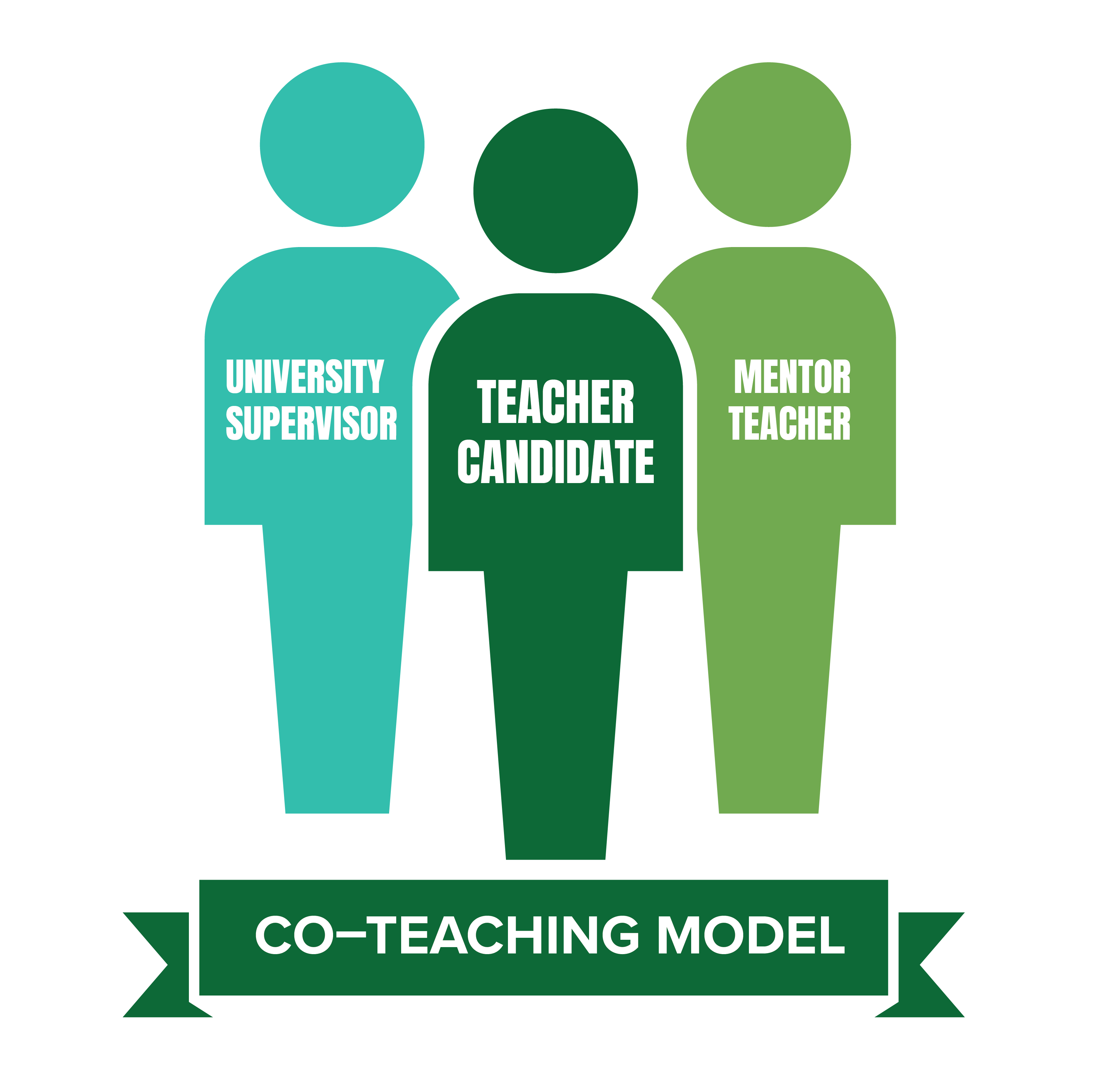special education
As a special education teacher, you champion for children who need different approaches to learning. You are an educational leader and advocate, collaborating with families and communities to creatively approach and adapt educational opportunities so all children can achieve their dreams
As a Special Education teacher, you can expect to adapt the curriculum, collaborate with other professionals and families, advocate for students, and become a trusted mentor for students with special needs. You will work with students and families to make life-long goals based on high expectations and plan programs to accomplish these goals for continuing education and future employment. Special education teachers create and implement plans, teach academic and behavioral skills, and remove barriers between the students and their future goals.
PROGRAM HIGHLIGHT
CO-TEACHING MODEL
The Teacher Education program has adopted a collaborative model called co-teaching to support your development as a future teacher. Once admitted, you, as a teacher candidate, will work with a mentor teacher to support student learning in an area PK-12 classroom. The goal of the co-teaching partnership model is to support you, as a teacher candidate, attain a high level of success during your clinical placements and in your first job.
Teacher Candidates collaborate with school professionals and are actively involved and engaged with PK-12 students to improve student outcomes.
Mentor Teachers commit to supporting and developing a teacher candidate’s knowledge, skills, and dispositions about what it means to be both a teacher and a learner.
University Supervisors cooperate with both the mentor teacher and teacher candidate through communication and observation to support the co-teaching partnership model.

CAREER OPPORTUNITIES
Special educators act as instructional leaders, planning accommodations and educational programs for students with disabilities. You act as an advocate to ensure that all students have access to an education that prepares them for college and careers. This career is highly collaborative in nature, focusing on co-teaching and working with families to plan for students. With a special education credential, you can also work in community-based organizations and provide needed services outside of the K-12 classroom.
Frequently Asked Questions
How do the clinical hours work?
Teacher candidates (you) work alongside a professional educator (a teacher) to support student learning at area schools. Depending upon your major, you will complete a predetermine number of clinical hours at different developmental or grade levels.
How will I fit clinical hours into my semester schedule? By learning and utilizing time management skills, you will be able to work these hours into your semester schedule. Clinical hour requirements vary per level and licensure area. You must take into account your travel time to and from your placement as well as clinical hour requirement. The teacher education advisor is available to work with you to learn time management skills.
What if I don’t end up liking teaching?
Don’t worry! Exploring is very important to help you learn what you like or dislike about any degree program. EDU 100 is a good class to introduce you to the teaching profession. If you decide that teaching isn’t for you, you can work with the teacher education advisor to change your major or continue exploring your options.
OTHER EDUCATION OPPORTUNITIES
Education Programs
Early Childhood Education Major
Elementary Education Major
Secondary Education Major
Art Education Concentration
Music Education Concentration
English as a Second Language Minor
Bilingual Education Certification
Licensure Opportunities
Art (K-12)
Early Childhood Education (Birth-Grade 3)
Elementary Education (K-9)
Music (K-12)
Secondary All Science (4-12)
Secondary All Social Studies (4-12)
Secondary English (4-12)
Secondary Mathematics (4-12)
Special Education Cross-Categorical (K-12)
English as a Second Language
Bilingual Education (Certification)
PROGRAM CONTACT INFO
GRNQ 210 | 262-595-2180 | teachereducation@uwp.edu



